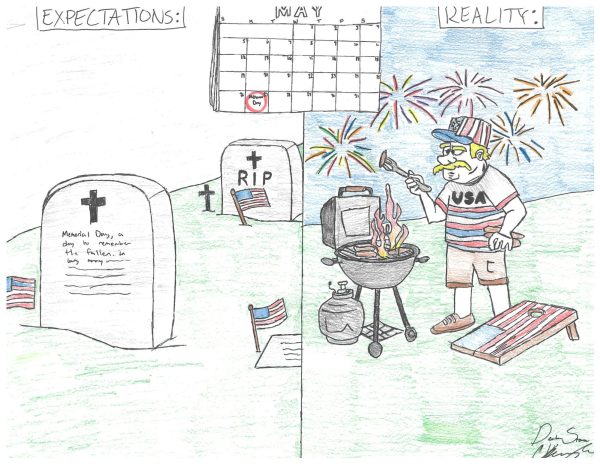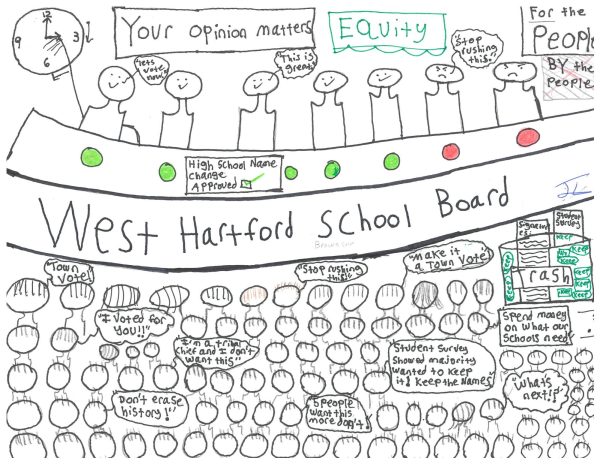Ballin’ on a Budget: Why College Athletes Deserve Compensation
Colleges and Companies make money off student’s names.
They are exposed to health risks, put an immense amount of time into their sports, and are sparking conversation around the world. Why are college athletes not being paid?
College athletes commit more than 40 hours a week to their sports. Jerseys are sold with their names, and their own coaches have million dollar contracts. Yet collegiate players are prohibited from making any profit related to their athletic status. We need reform.
Ohio State football coach Urban Meyer recently signed a $24 million contract for six years. While Meyer works hard to produce a successful program, his players work equally hard, if not harder. Their rigorous schedule leaves little time to develop real-life job skills, get a legitimate college education, or learn how to manage money. Since they spend their whole college career playing sports with as much media coverage as professionals, they need to be compensated like it. According to social justice lawyer Michael D. Hausfeld, “[Student-athletes] have rights to a fair allocation of revenue, to health care, to career development, to education, and to post-educational opportunities.” (New York Times)
Zion Williamson’s recent knee injury brought this issue back into public spotlight. College athletes risk injury every time they step on the court, a potential hurdle for any post-college professional plans. Some consider this part of the game, but it is not fair to ask these athletes to risk so much for schools that generate millions off their name without receiving compensation. Even those who don’t fully believe that athletes should be paid think this is unfair. For example, high school senior Charlie Cubbage, who will play Division 1 soccer at Bucknell University next year, states that “Athletes should at least receive some financial compensation for injuries.”
Many people believe that college athletes deserve compensation for their hard work and dedication to their sports. Coach Franklin Robinson, a gym teacher at Hall High School, played football and lacrosse in college. His opinion on compensating college athletes is that “it’s okay to give them some type of stipend, yes.” Robinson says athletes should have some type of fixed salary because of the extent of their commitment, which limits their time to make money at another job.
Furthermore, The Perspective claims, “If we’re really concerned about preserving the purity of college sports, we should want athletes to be paid.” Companies profit off of athletes wearing their brands during games, but they are not paying them. How is this fair?
College athletes handle the pressures of school, sports, and media all at once. They have to juggle time commitments and constantly find themselves in the spotlight. If we want to treat collegiate athletes like celebrities, we must pay them like people.






